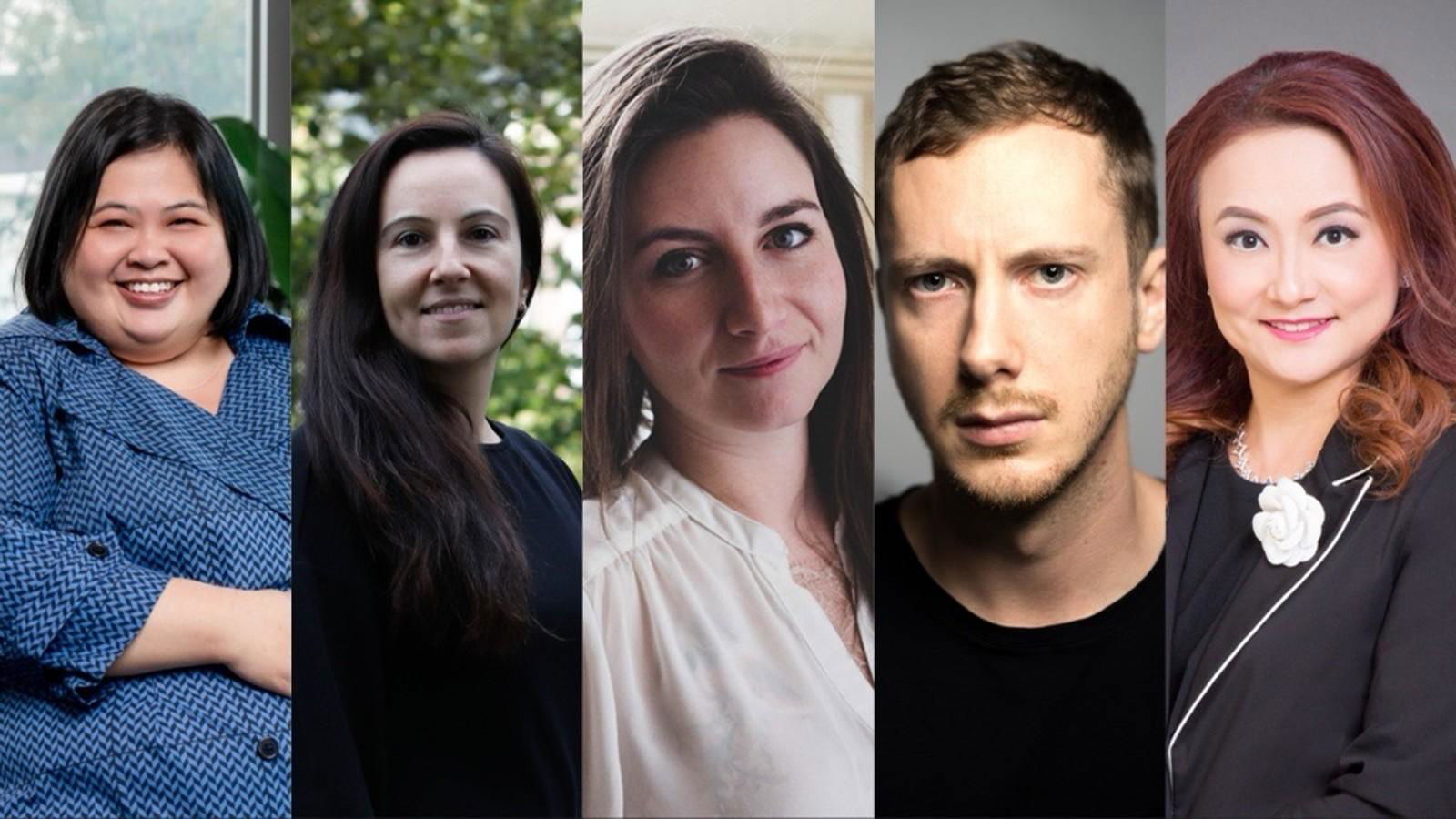share on
From having a bias-buddy, to consciously putting a stop to non-inclusive terminology in private usage, fundraising for awareness on women's education, and more, leaders across the world are standing up and taking the step forward to break biases in their personal lives.
In this first installation of a special two-part series, in commemoration of International Women's Day & Month, Priya Sunil hears from 15 leaders on the actions they are taking to make an impact beyond the work setting.
Wong Pi Ken, Chief Human Resources and Communications Officer, Chief, Staff at Allianz Asia Pacific

We must first understand that many of us are not inherently biased by choice but are instead unconsciously conditioned so by the sum of our environments, education, and upbringing. This is the basis and unfortunate reality in which cultures are created and societies are formed.
By acknowledging that we are all biased in some way or form, an important step towards breaking these biases is to always take pause, reflect and question whether our actions, responses, and even thoughts to our peers can come across as biased. This is a useful step in identifying and eliminating any misunderstanding, disagreeability, or ill-will by presenting our best selves to others and equally assuming their best intentions.
One practical step that I’ve taken on board over my career is to work with a "bias-buddy", that can independently assess whenever I am being biased, call me out on it, and help me in maintaining a view that is objective, fair, and bias-free in everything I do.
Violetta Shishkina, CEO of Fe/male Switch and Co-Founder of CadChain
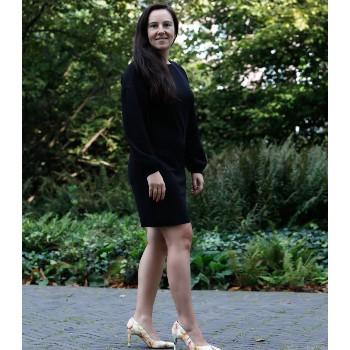
I grew up in Russia, where a woman is supposed to get married and spend her days in the kitchen or working a lifestyle job. Now, in the Netherlands, I am the CEO of a Legal Tech start-up, yet most people are shocked to hear that I didn’t come here to get married but to join a start-up incubator. Bias is inherent to all individuals and the best way to fight it is with a systematic approach. Acknowledging that we are biased is the first step to fixing the issue.
Being an avid entrepreneur, I am always looking for scalable solutions to problems: in this case, I simply decided to create a non-profit game for future entrepreneurs that will not only increase the number of female entrepreneurs, but will also help collect data for a bias score algorithm. Anyone will be able to verify how biased their written speech is.
Mihaela Georgieva, Chief Communications Officer and Co-Founder, UNL
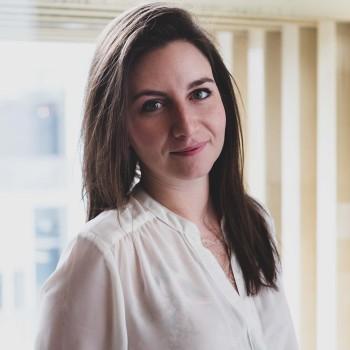
In the tech space today, women in leadership or even in non-leadership roles are still not well represented. As one of the few, I believe that simply calling out stereotypes doesn’t lead to sustainable change. It’s about how one can consistently contribute to a shift in perception and subsequently promote a behavioural and cultural transformation.
This is certainly a major task and I’m fortunate to have the support of my male co-founders and partners. Together, we share a belief that talent is not defined by gender, age, and ethnicity, and, since day one at UNL, we have been nurturing a culture of gender equality and fair access to growth opportunities.
Joseph Ryan, Co-Founder, Hit Refresh
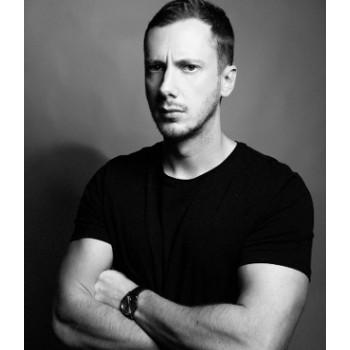
One of my fondest memories was joining my wife for a HeForShe meeting in Singapore, a solidarity movement for gender equality initiated by the United Nations. It opened my eyes to the day-to-day unconscious bias that exists in society today. As a senior leader, I realised my responsibility in ensuring I was an ally to females in the organisation, encouraging them to have a voice at work in a safe and conducive work environment.
I also stopped using non-inclusive terminology in private as I became more self-aware of my role in fostering an inclusive and equitable community.
We must be intentional about addressing the ways unconscious bias can compromise our success as individuals and the community in which we live. I truly believe that mitigating bias and creating an environment that supports and respects women in and outside the workplace is the key to success.
Tracy Quah, VP of Marketing for Asia Pacific and Japan at Informatica
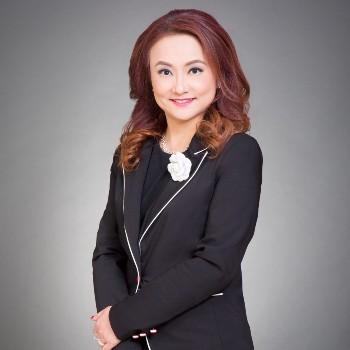
I strongly believe in taking the courage to speak up and act on it. Last year, I embarked on an art fundraising project to create greater awareness on the importance of continuous learning and education for women and children in Afghanistan. Over the past two decades, Afghanistan has progressed economically with more female leaders and entrepreneurs emerging from the community.
Through this fundraising initiative, I hoped to inspire more women to continuously upskill themselves, and to highlight the need for children to receive the necessary education to succeed in the future.
It takes continuous effort, perseverance and empathy to drive real change for gender diversity. Women need to be empowered by others to seize opportunities and lead bravely.
Ng Wee Wei, Singapore Country Managing Director, Accenture

The pace at which technology is advancing and being deployed is creating new opportunities for all, including women. It is now more pressing than ever to accelerate digital fluency and access to digital technologies, removing many traditional barriers and narrowing the gender gap in the workplace. The idea of "stewardship", a core value at Accenture, is something I believe in and practice in my day-to-day.
Apart from encouraging my people to be more digitally fluent, I am constantly working towards making things better than we found them – empowering my people to do the work that matters, that adds value to our clients, stakeholders, and communities, and also thrive in other parts of their lives. The potential pay-off is clear: everyone will feel that they have an equal opportunity to belong and grow, while also helping to level the playing field which is long overdue.
Aarti Daryanani, Global Brand Manager, Lifebuoy

I was working in the development sector, based out of the UK. My family and friends surrounded me. My work-life balance was good, I had great colleagues, and I knew I was lucky to have a great lifestyle. But I felt unfulfilled. After many months of reflection, I realised that while I was working on impactful projects, I was doing this from behind a computer screen. I had no real idea who the people were or how our work impacted their lives.
One morning, I made a life-changing decision to break from the mould and add a different dimension to my career. I decided that if I were going to work in this sector, I would have to truly understand the issues in their lives and live in their shoes. To help them find solutions, I had to be where they were and experience their challenges. I packed my bags and left to go to India. My boss realised I needed this awareness and allowed me to run a project. I lived in a slum for 40 days.
I like to think I broke perceptions of what people and women can do in their careers, especially in the development sector. It was an adventure that changed me forever. I've been in India for ten years, and I continue to work on projects that help people live better lives. I have no real plans to return to my old life.
My advice is to go for the roles that smash stereotypes, and if you don't want to be that person behind the computer screen, there is a new life just waiting for you to grab hold of it.
Nadia Zhu, Regional Managing Director - Hong Kong, Macau and Taiwan, The Executive Centre

There are many pre-conceived opinions about women in general, such as how they should behave, or they should focus on family instead of their career, etc. After the birth of my second child, I noticed many people (women included) expressed surprise at my decision to remain in a demanding, high responsibility job. I truly believe a high-performing career is not incompatible with being a great mother at the same time. Hence, I proactively make a conscious effort to allow people in each area of my life, personal and professional, to be aware of my experiences in these two roles.
I hope that my actions and proactivity will help others see and encourage that these two important aspects of life are not mutually exclusive, and can be well and successfully achieved simultaneously.
Preet Grewal, Head of IDEA (Inclusion, Diversity, Equity & Accessibility), JAPAC, Twitter
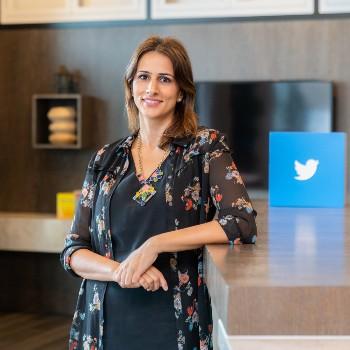
I’ve been teaching my three young children – a daughter and two sons, aged 10 and seven – about stereotypes and gender bias. It’s important to me that they learn about them early on. When we watch movies together as a family, I ensure to call out any strong messages around gender and social equality, and we’ll have a discussion around why that is important.
This is especially so with my daughter, 10, who is at a better age to understand. For instance, when we saw ‘Hidden Figures’, we talked about the racial and gender inequalities women had to face. When Ruth Bader Ginsberg (RBG) passed away, we read about her together so she understood why RBG is such a role model. I’ve also spoken to her about current relevant topics of gender identity, body shaming/loving, LGBT+ inclusion, disability inclusion, and more.
With my sons, I make it a point to ensure that they don’t think any profession “belongs” to men or women. It's important for them to see both their mother and father equally involved in all aspects of their life while being working parents, that there is no area that is “mum’s job”. I know they’re learning because when they see a fighter jet and I ask who they think is flying it, they say “it could be a girl or a boy pilot”.
Cindy Deng, Managing Director (APAC), data.ai
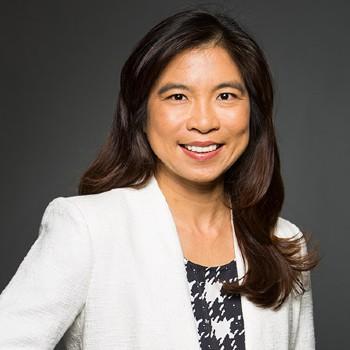
Breaking the bias starts with having a voice. For many women, this is incredibly difficult - whether it’s hampered by the environment or self-doubt.
Fostering confidence and helping women to find and amplify their voice is something that I find great joy and reward in. Through your voice, you'll be able to influence and drive results. As such, it’s important to create an environment where women feel empowered to express themselves and be equipped with the support and knowledge to boost their confidence.
Data, for one, is a great enabler of knowledge, and I’m fortunate to be working at data.ai where we can empower so many leaders and organisations with the critical knowledge to manage their businesses, and wield data to build an inclusive team and society.
I encourage all leaders, male or female, to look for the unspoken signals and hidden potentials to create opportunities for women to have a voice and make an impact.
Beatrice Liu, CEO, Oriental Remedies Group
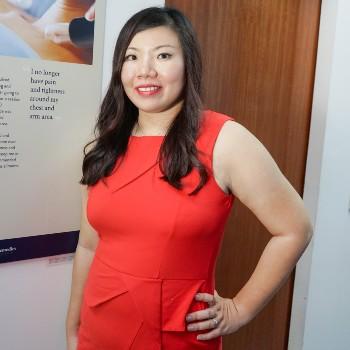
When mentoring younger females, I encourage them to be brave and call out any biased statements that they may find offensive. For example, I once received feedback from a male manager, who told me that I was very assertive for a female, to which I politely replied with a smile, “does that mean if I was a male, I would not be considered assertive? Is being assertive a negative trait?” He was stumped and later apologised for his statement.
In our daily lives, we need to reflect on our own stereotypes. Awareness is the first step to change before finding the courage to challenge these biases in a gentle manner. When leading my team at Oriental Remedies Group, I encourage them to have open communication with me so that when they encounter such incidents, I can coach them on how to manage such situations in a helpful and diplomatic manner.
Maheswari Kanniah, Group Chief Regulatory & Compliance Officer, Kenanga Investment Bank
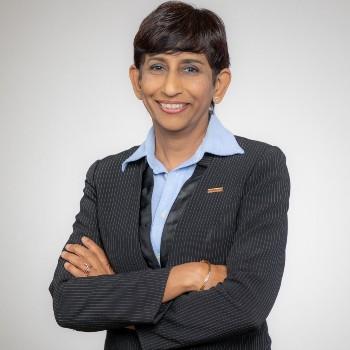
As a woman in a leadership role myself, the rule of thumb is to always treat anyone and everyone with respect and consideration – despite the gender difference.
From a professional front, it is important to leave all communications open within your team and to encourage confidence in speaking out loud about any decision-making done.
As a leader, being open with my team plays a huge role in the quality of work we bring to the table.
Jonathan Koh, Human Resource Manager, Henkel Singapore
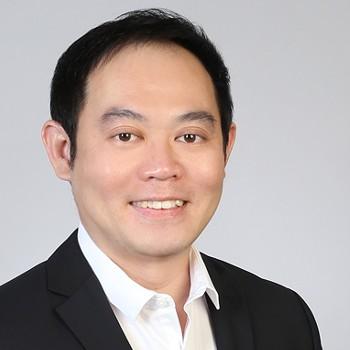
The early years of a child play a crucial role in carrying her/his beliefs into adulthood. Teaching gender parity should always start from young. As a father of a young boy, I have taught my son to always keep an open mind and not to choose who he decides to play with based on gender. Sports and games should be gender-neutral and not be stereotyped between what is meant for ‘boys only’ or ‘girls only’.
I believe that everyone should have the freedom to choose and not let one’s gender define what they can and should do. I am glad to see that he has grown to look beyond the traditional belief and is happy to play football with both boys and girls.
Caecilia Chu, CEO and co-founder, YouTrip

As a female founder, I am passionate about championing entrepreneurship among women in Singapore. My role as the Chairperson of the Action Community for Entrepreneurship (ACE)’s Women Founders Sub-Committee has enabled me to do just that — to recognise female entrepreneurs for their achievements and contributions, as well as inspire more to become female founders themselves.
There are many successful and inspirational female role models in today’s business world, but we need even more. I want to continue working alongside fellow leaders to create a world where we can #BreakTheBias, so that all women feel empowered to pursue their ambitions and become the best version of themselves.
Because women can do anything they set their minds to — they simply have to look beyond their gender, dream big and aim high.
Gillian Waite, Partner - GES, Global Workforce Transformation, Deloitte

I like to lift weights at the gym – in the Strongman Area. I never liked this label, thinking it alienated women and perhaps encouraged men to be more aggressive (dropping weights, grunting, etc.). I’ve always felt that gendered words (such as fireman, man-hours) are symbolic and create unconscious meaning that reinforces bias. I talked to my friends and PT at the gym, and was encouraged to formally complain. So thinking nothing would come of it, I sent an email to an anonymous email box (buried in an app) explaining my suggestion, then didn’t think much more about it.
Then, one day my PT showed me the name change to 'Strength & Conditioning Area', apparently several people had 'complained'. I was so happy, such a sense of achievement!
All photos provided
share on
Follow us on Telegram and on Instagram @humanresourcesonline for all the latest HR and manpower news from around the region!
Related topics

